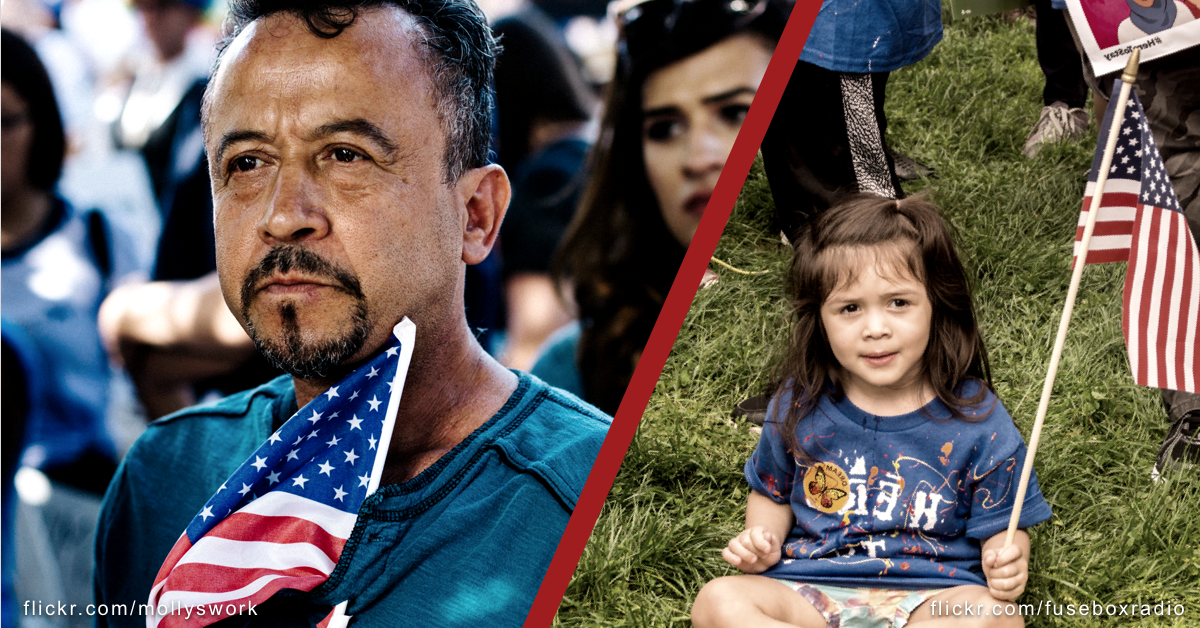Federal COVID-19 bills fall short of meeting the basic health care and economic needs of millions of Americans
THE TORCH: CONTENTSBy NILC Staff
APRIL 1, 2020
Today, NILC published a policy brief summarizing the impact that key provisions of recently enacted COVID-19 relief legislation — federal legislation — will have on low-income immigrant communities. Our policy brief focuses on access to health care, economic supports, and employment protections.
The Coronavirus Aid, Relief, and Economic Security (CARES) Act, a $2 trillion economic relief bill, builds on the Families First Coronavirus Response Act (FFCRA) to provide economic relief and health care options amidst the growing global COVID-19 public health crisis. Nevertheless, these bills fall short of meeting the most basic health care and economic needs of millions of Americans, including immigrant workers and families who are on the frontlines caring for our communities by providing crucial services while others are able to shelter at home.
For example, the CARES Act builds on a provision of FFCRA that allows states to use their Medicaid programs to provide free testing to uninsured people. However, the FFCRA does not alter Medicaid eligibility for immigrants; therefore, many immigrants remain excluded under this option.
Likewise, the CARES Act provides for the issuance of an advanced Recovery Rebate to help taxpayers recover from the economic impacts of the coronavirus crisis. The maximum rebate amount is $1,200 for individuals and $2,400 for taxpayers filing taxes jointly. Unfortunately, the bill excludes many immigrant and mixed–immigration status families from receiving this financial assistance.
The current global public health crisis is a reminder of how interconnected we all are — and how our collective health and well-being are thoroughly interdependent. COVID-19 does not discriminate and neither should our public health response and economic relief efforts.
As Congress considers additional measures to bolster our economy and communities across the country, it must deliver relief that eliminates barriers to testing, diagnosis, and treatment and that supports other basic needs of low-income immigrants and their families.
Read the full policy brief.






